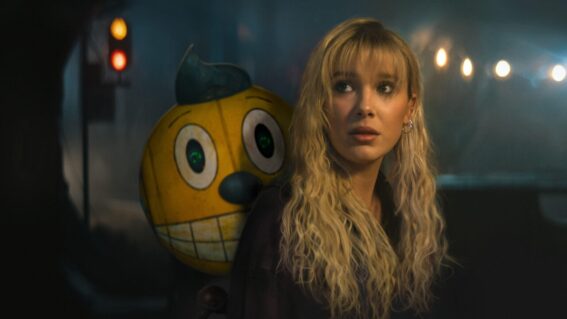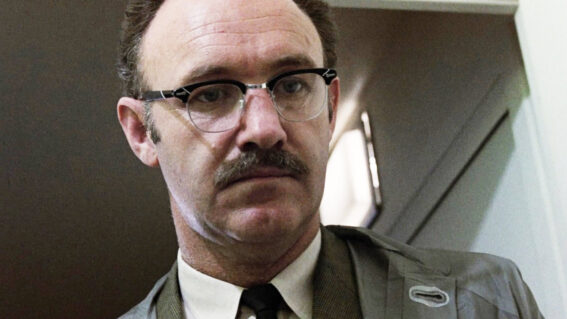Germophobe drama INSiDE captures the essence of lockdown in Aotearoa
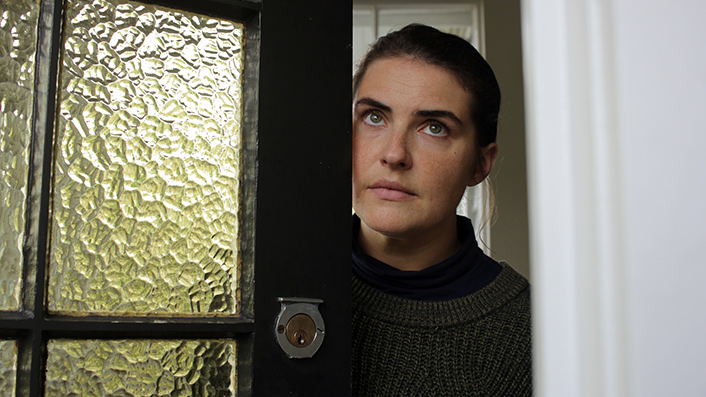
Morgana O’Reilly (Housebound) leads New Zealand series INSiDE, detailing a reclusive germophobe’s experiences with COVID-19 lockdown. Co-starring Josh Thomson (The New Legends of Monkey) and Sam Sneddon (6 Days), the show is now streaming on Neon, and as Liam Maguren describes, it captures the essence of lockdown in Aotearoa and transforms it into an ambitious narrative.
The coronavirus lockdown couldn’t stop Aotearoa’s artists from telling stories inside their bubbles. Francis Glenday’s five-episode web-series Social Distancing reflected on snapshot moments during Level 4 Lockdown. 48 Hours, our country’s biggest short film competition, produced some great winners during its confined contest. Even this year’s Whānau Mārama: New Zealand International Film Festival managed to showcase a 12-minute Kiwi quarantine doco with Catherine Bisley’s Garage Stories.
See also:
* New release movies & series on Neon
* Everything coming to Neon this month
Those examples either looked at lockdown or defied it entirely—though none of them used the cauldron of emotions lockdown produced to create a whole new story. But now we have INSiDE, a New Zealand-made series streaming on Neon that captures the essence of our lockdown anxieties and transforms them into an ambitious narrative.
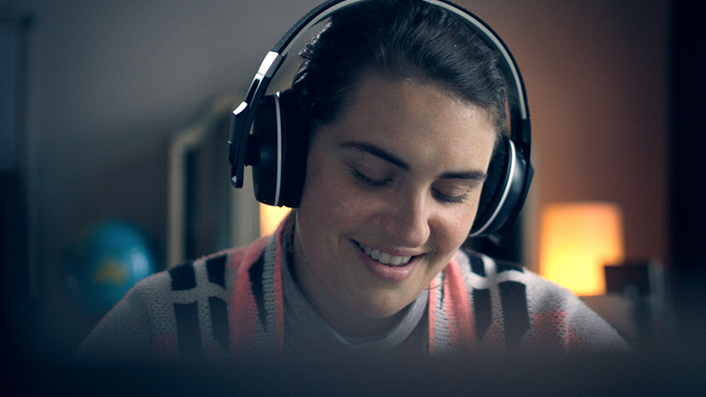
Morgana O’Reilly, who was lit dynamite in 2014 Kiwi classic Housebound, plays more of a scented candle here as nerve-wracked introvert Rose. Housebound for a completely different reason, Rose’s battle with the coronavirus lockdown is both aided and crippled by her own struggles with germophobia. On one gloved hand, she’s well equipped with PPE and sanitiser. On the other, even the slightest whiff of outside air will trigger a panic attack.
While most of us don’t live with such a disorder, Rose’s situation is in many ways a heightened version of the fears commonly felt in the community during Level 4 Lockdown. Am I distant enough? Is that product sanitised? How far can corona droplets travel? Was that a dry cough or a wet cough? We asked those questions, and so does she, rendering her condition much more relatable given what we all, as a country, went through.
Performance-wise, Rose is a character that could’ve been easily fudged into exaggerated caricature. Under O’Reilly’s superb control, however, Rose’s fears and mental illness remain grounded and are displayed largely through cautious glances or breathy hesitation in her speech. For her, this lockdown isn’t a simple four-week battle—it’s a bigger battle within a war that’s been waged inside her head throughout most of her life and rooted in her troubled childhood. And O’Reilly displays her character’s unspoken history stupendously.
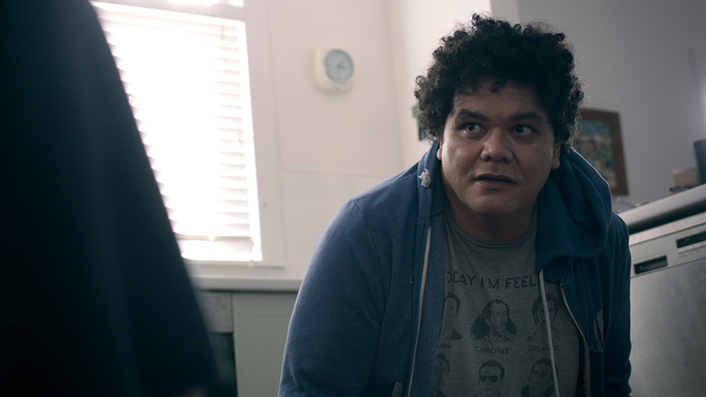
Taking those anxieties further is her crude but caring flatmate Adrian, inhabited by Josh Thomson in what was possibly the easiest casting decision ever made. Though Adrian’s being responsible by following basic protocols, he’s not on Rose’s level of quarantining, so he may as well be a soggy sponge dipped in corona. To make this odd couple even odder, he absolutely cannot handle the social isolation (if you ain’t that person, then you know that person).
But that’s how Rose prefers to be social—in isolation. As the tech specialist for an upstart video chat service named Bunny, her prime source of human connection is online. While Zoom and Skype acted as a necessary social substitute for most of us, Rose relies on it, which brews its own problems—provoking her to flirt with an old school bully and abuse her online powers by spying on unsuspecting Bunny users.
As if that problem sandwich wasn’t stacked enough, there’s also a creepy school girl that keeps staring at Rose from a disturbingly close distance.
From there, things get weird, and without spoiling anything, the show plays with reality in subtle but eerily relevant ways that cohere to social media’s ability to distort truth and authenticity. With people being forced indoors for the sake of public safety, solitary time spent on the internet increased even more, and thus, amplified the spread of another virus… one that’s revealed in a satisfying final episode.
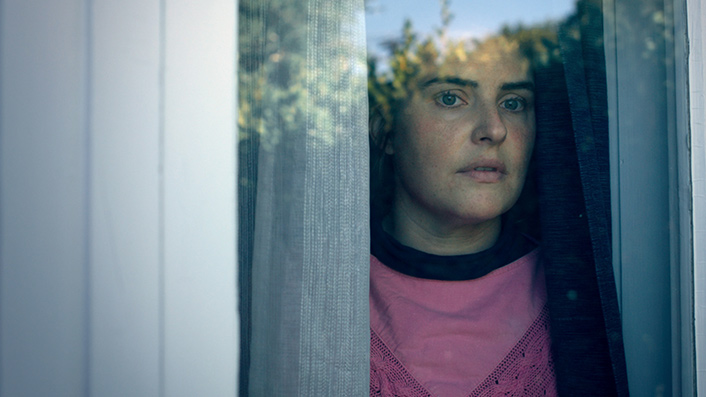
Even the storytelling methods used here carry the spirit of lockdown. Reflecting two tricks Alfred Hitchcock pulled in Rear Window, the camera stays within Rose’s bubble and the Bunny users she spies on live their lives much like Jimmy Stewart’s neighbours. Sure, the production had to rely on these restrictions because of the actual lockdown, but the effect works nonetheless to reflect the mood of that unique time.
On a more personal note, I related very strongly to the sights of Marmite on toast being consumed in this programme. During quarantine, I thought it was just me who increased their uptake of black yeast extract smeared onto burnt bread, but as the show suggests, perhaps Aotearoa as a whole found comfort in the nation’s mighty spread.
Kia ora, INSiDE. Kia ora.







